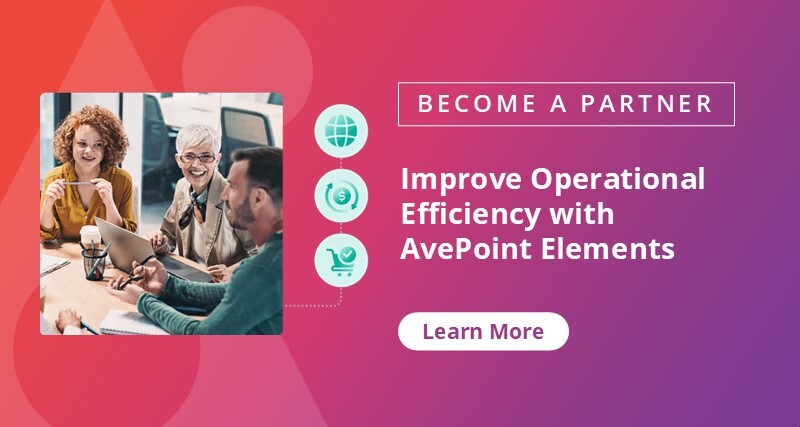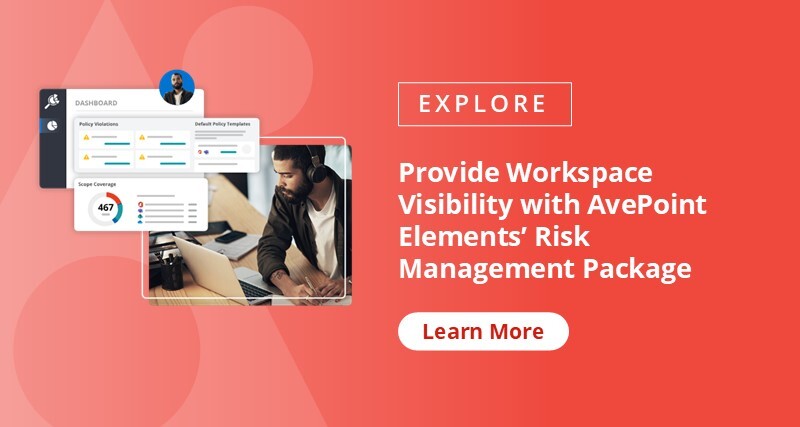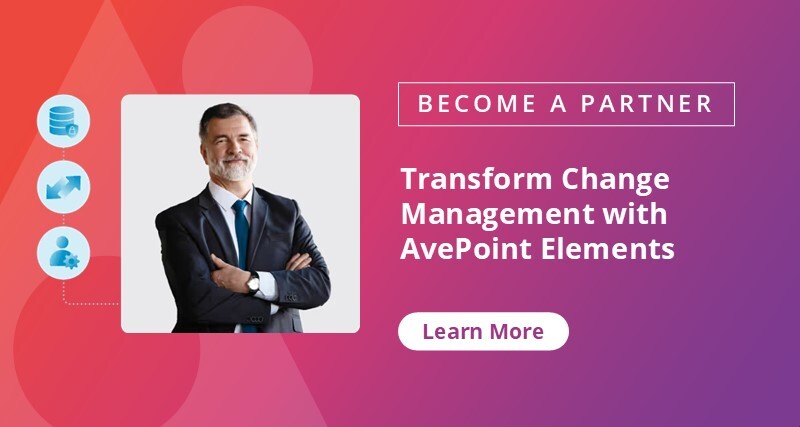The managed service provider (MSP) model is evolving with rapid technological innovation, leading to a proliferation of diverse IT systems, platforms, and applications within organizations. The global managed services market is estimated to grow from $365.33 billion in 2024 to $511.03 billion by 2029 at a compound annual growth rate of 6.9% from 2024 to 2029. According to Canalys MSP trends and predictions 2025, the complexity of the new delivery model encompasses not only technology, whose scope is increasing to include cybersecurity as a standard (rather than as an add-on to IT support) but also compliance, regulation, and vertical expertise.
This means MSP will need to work in an ecosystem of other partners and vendors, as well as with customers’ IT teams, to deliver solutions to customers. To meet the demand, 40% of MSPs plan to work with more than 20 independent software vendors (ISVs), and 46% will purchase products from different marketplaces to expand their offerings and partnerships.
However, relying on a myriad of products to handle multiple clients is extraordinarily time-consuming and leaves ample room for human error. That’s why MSPs must succeed with product integration.
Benefits of Product Integration for MSPs
To effectively manage this growing number of solutions, MSPs must integrate their solutions into a single pane of glass to help them streamline monitoring, automation, and support — regardless of the number of solutions they’ve deployed across multiple customers.
The outcomes stretch even further: with a centralized platform to manage the infrastructure of all customers, MSPs can improve retention, boost brand reputation, and maximize lifetime customer value.
Here’s a deep dive into the four key benefits of product integrations for MSPs:
1. Enhanced Operational Efficiency
The variety of software applications is definitely on the rise, with 52% of companies using mixed applications to take an aggressive approach to tech adoption. Without integrations in place, MSPs would need to deal with an incredible amount of manual work simply transferring data between systems. This type of product management hampers productivity, diverts from strategic initiatives, and causes significant inefficiencies.
A unified interface simplifies the process enormously compared to constantly switching between tools. Incorporating product management tools into this unified environment helps automate workflows and reduce manual tasks, making collaboration more seamless. By integrating solutions into a unified platform, MSPs can enhance both their processes and client services.
MSPs are already facing staffing pressures to meet the rising demands for IT services, so a streamlined approach to managing client environments makes day-to-day operations far more efficient, especially for lean staff.
For example, AvePoint Elements streamlines client management and multi-cloud environments with a single interface. For clients, it serves as a product integration tool to scale governance of their digital workspaces using MSP-tailored solution that offers insights, controlled self-service provisioning, and templated policies to manage workspace lifecycle efficiently. For MSPs, Elements assists with quickly implementing robust security measures, monitoring potential threats, and responding to security incidents across customer tenants.

2. Improved Customer Experience
For MSPs, providing positive customer experience (CX) not only means delivering the right solutions to businesses, but also providing proactive support to help enhance customer relationships. However, relying on multiple, fragmented vendor solutions can hinder MSPs from seeing the full picture of their customers’ infrastructure.
Getting there means pulling data together from disparate sources and quickly synthesizing it, and AI is proving to be an effective solution. About 70% of CX leaders plan to integrate generative AI into many of their touchpoints in the next two years. They expect generative AI to improve efficiency and accelerate the delivery of more humanized journeys, leveraging data to feel personable and interactive.
With the multitude of tasks businesses need to do to ensure AI readiness, MSPs can play a huge role in providing their expertise and breadth of solutions so businesses are prepared to jump into AI securely and safely.
For AI tools like Microsoft 365 Copilot, AvePoint provides Microsoft 365 Copilot Campaign in a Box Kit for MSPs with tools and resources to help their clients prepare, secure, and optimize AI implementation and address challenges. This opens the opportunity for MSPs to become trusted, proactive, and long-term IT partners while also gaining additional revenue from offering additional products and services.

3. Reduced Cyber Risks for Clients
According to Microsoft, 94% of SMBs consider cybersecurity critical to their business and 80% intend to increase their spending particularly in data protection. However, the CompTIA’s IT Industry Outlook 2025 shows that 67% of channel firms today believe that the MSP business model should be subject to greater, more formalized oversight in the form of official licensing or regulatory status, given MSPs’ central role in protecting customer networks.
Simply offering cybersecurity solutions isn’t enough; MSPs must implement proper internal security and governance measures to ensure the data and systems of their customers remain safe.
For MSPs managing multiple solutions, having disparate systems heightens risk exposures due to the need to maintain identities, permissions, and configurations across different platforms.
MSPs can use platforms like Elements to protect clients’ environments with proactive tenant security monitoring and easy security rules enforcement across multiple tenants, quickly addressing potential risks, and rapidly resolving issues.
To further enhance proactive threat detection, MSPs can use risk management tools such as AvePoint’s Risk Management Package to monitor customer environments through summarized compliance status and streamlined reports.

4. Non-Disruptive Service Implementation
The integration of software services not only enhances the value proposition for clients but also facilitates rapid scalability and revenue growth for MSPs. A State of Product Integrations report found that product integration helped in closing new deals (59%), retaining more clients (53%), and expanding into new markets (52%).
Despite multiple solutions and clients, MSPs can still streamline processes, such as onboarding new clients and adding more solutions to their current tech stack through a reliable product integration platform. An easy-to-use tool removes the need for extensive integrations and testing, allowing MSPs to focus on rolling out additional services to customers faster.
Additionally, integrated software suites make adopting new services seamless by avoiding business workflow disruption. Since authentication, data models, and administrator portals are shared, adding a new integrated service takes minutes rather than days.
AvePoint Elements offers change management that improves and streamlines communication with end users through targeted campaigns. Utilize advanced analytics to personalize messaging, optimize engagement, and automate routine tasks to gain real-time insights, ensuring smoother transitions and higher adoption rates within your clients’ organizations.

Tapping Into the Value of Product Integration
Offering varied solutions for different verticals offers MSPs the potential to gain more revenue from existing and new customers. However, managing stand-alone products separately can lead to security gaps, poor visibility, reactive delivery, and lost growth potential.
Difficulty in integrating various tools for compliance, protection, and API integrations can hinder operational efficiency. Prioritizing integration is no longer an option but a strategic imperative.
A unified approach can help MSPs overcome fragmentation challenges and gain the interoperability needed to improve operational efficiency. In effect, MSPs can remain competitive, maximize efficiency, and expand client relationships.
Drive growth and operational efficiency with powerful integrations.



